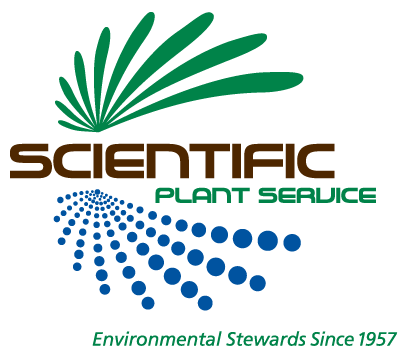Scientific Plant Service: more than memories are left behind after the game
PRLog (Press Release) – Feb 18, 2010 – Baltimore, MD – Once the team is in the locker room, the stands emptied and the stadium lights dark, there is a lot more left behind than the echo of cheers. Game after game, lurking and lying in the turf, are things so surprising, grown men don’t even like to discuss them.
What mystery lies in wait? Ken Mays, President of Scientific Plant Service (SPS), describes the culprit as “everything from buttons and pins to broken glass fragments embedded in the artificial turf of school and professional ball fields.”
“Artificial turf, much like carpeting, requires maintenance, cleaning and vacuuming,” he says. “Objects trapped in the surface over the course of a season pose hazards to players and degrade the turf over time. “
In addition, bird and animal droppings, food and drink spillage, tape, fabric, body fluids and other materials get into the surface causing the rubber infill to degrade and accumulate. Cleaning artificial turf reduces potential damage to the surface, but also decreases the possibility of bacteria, fungi and mildew and increases turf lifespan.
“It can cost eight-hundred thousand to a million dollars to have an artificial turf field installed,” says Mays, “it just makes good fiscal sense to take care of it and prolong the life of the investment. It also decreases any health or minor injury issues.”
While routine maintenance is performed, typically, by facility staff, SPS services artificial turf two to four times annually. This revitalizes the infill surface using a Verti-Top groomer . Through this process the turf is de-compacted, cleaned and leveled with a single pass over the turf. The machine agitates the turf to bring debris to the surface which is then vacuumed simultaneously as it clears the air of any resultant dust.
The final process includes the passing of a magnet, exclusive to SPS, to remove all metallic foreign matter. A trailing brush does a final leveling of the infill surface. Clegg meter tests have proven that a softer de-compacted playing surface is achieved from this process.
When foreign substances are not removed regularly from artificial turf, the surface becomes “tighter” due to small particles filling in the air spaces of the infill.
“This causes the infill to get harder,” says Mays “and reduces drainage capabilities, allows for weeds to develop and reduces the life span of the surface.”
This kind of maintenance is undoubtedly healthier for the players, but it is also healthier for the turf, giving it a longer-lasting life long after the stadium goes dark.
Scientific Plant Service (SPS) has been the Baltimore area’s preeminent turf, lawn and tree care service since 1957. Experts at landscape maintenance, Scientific Plant Service provide every facet of care that protects the landscape investment, keeping it green, while being green.
For more information about SPS, go online at www.spsonline.com or call 410-321-0970.
Source: SPS

